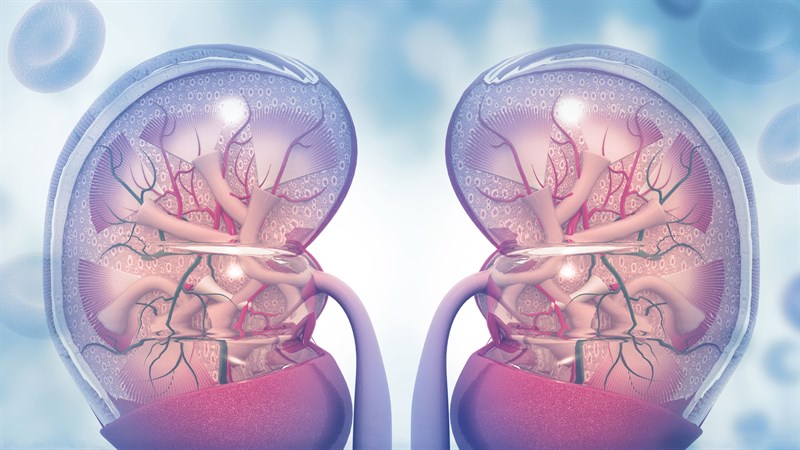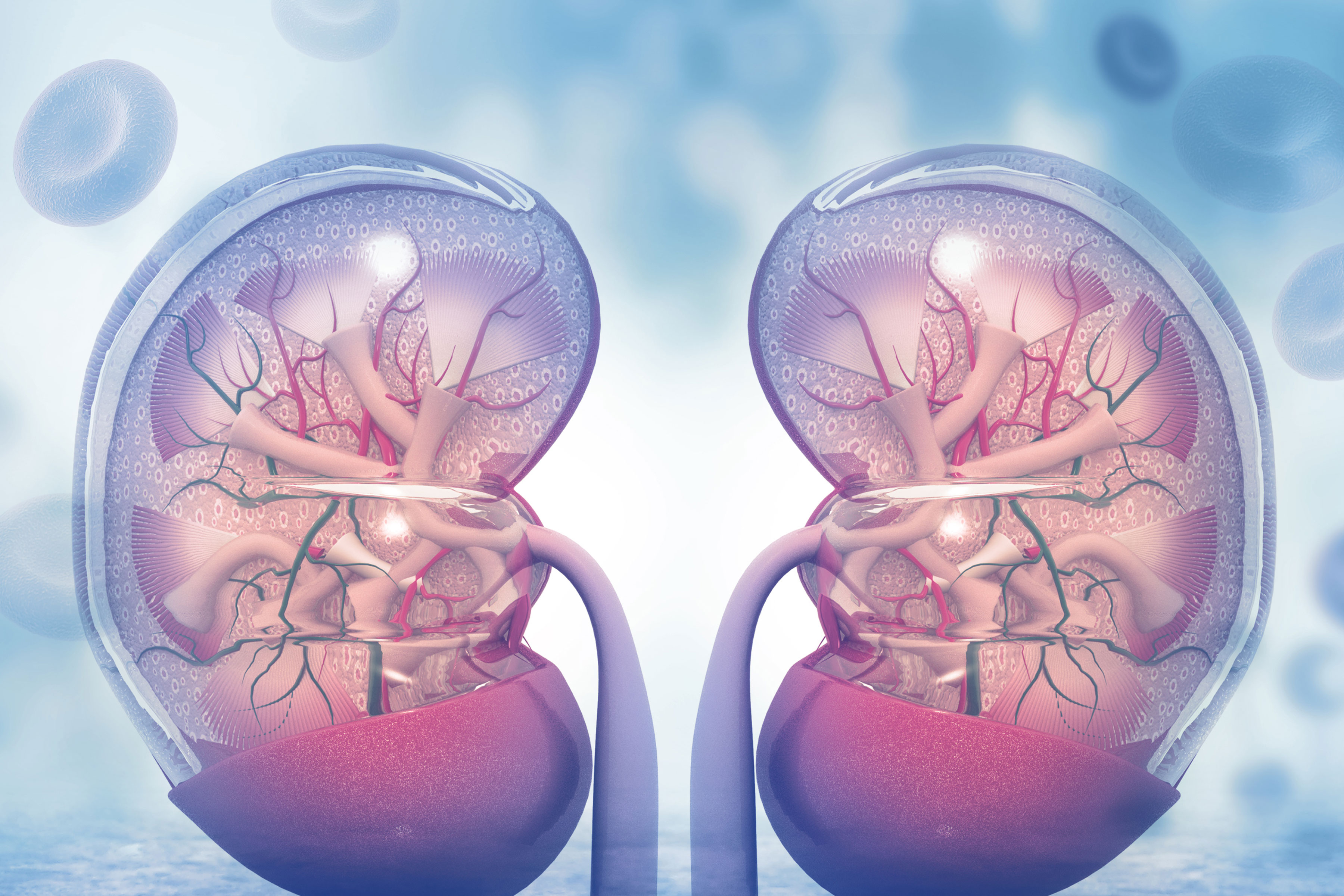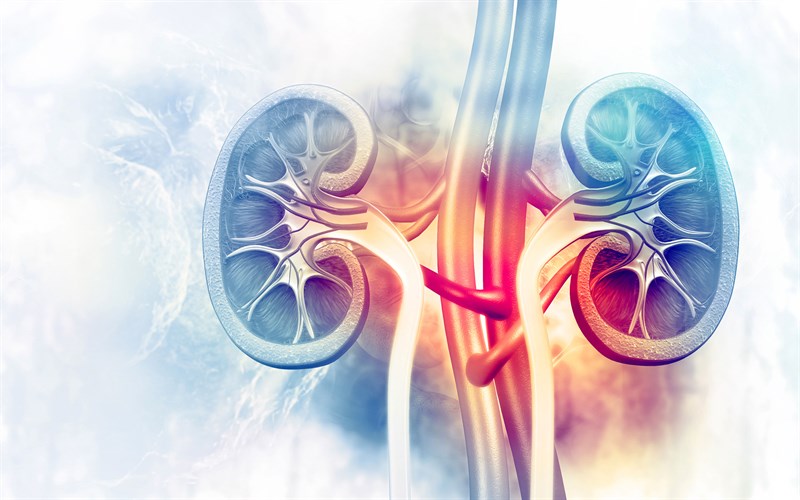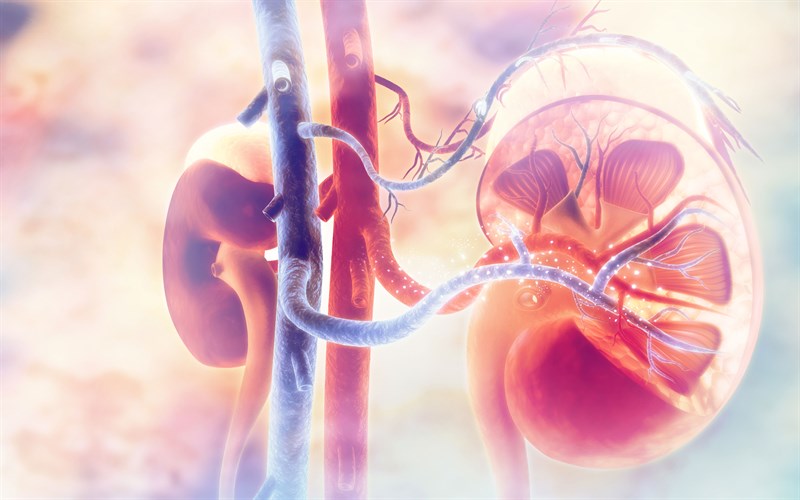Advancing Innovative Kidney Replacement Therapy to Improve Patient Quality of Life
In 2018, the Kidney Health Initiative (KHI) developed this Technology Roadmap for Innovative Approaches to Renal Replacement Therapy to encourage innovations in kidney replacement therapy (KRT) that will impact people living with kidney failure. Stakeholders from throughout the KRT community collaborated to develop the solution strategy and identify research opportunities to develop commercially viable KRT alternatives.
Learn MoreFast Facts: Kidney Disease and Kidney Replacement Therapy (KRT)
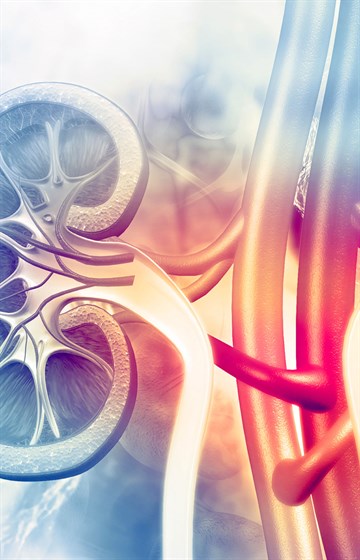


A New Paradigm to Overcome Barriers and Improve Quality of Life
The strategy described in the technology roadmap emphasizes parallel development of solutions with varying complexity and time horizons, focused on improving quality of life for people living with kidney failure.

A focus on patient priorities
A patient-developed vision of improved quality of life that must drive the development of all future KRT solutions
Learn MoreClearly defined barriers that must be overcome
Specific technical and market challenges that must be addressed to deliver meaningful advancements
Learn More
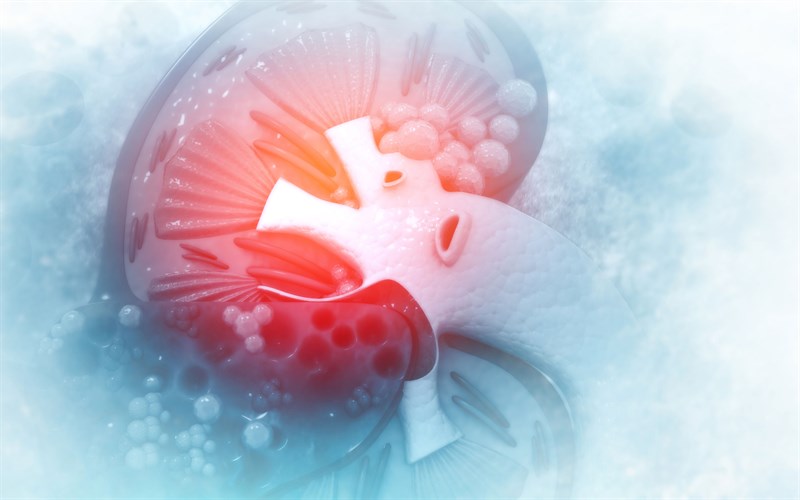
Solutions with common design requirements
All solutions, regardless of complexity, meet the same minimum technical expectations
Learn MoreResearch activities with multiple time horizons
Allows for both near-term incremental improvements and longer-term integrated solutions and disruptive breakthroughs
Learn More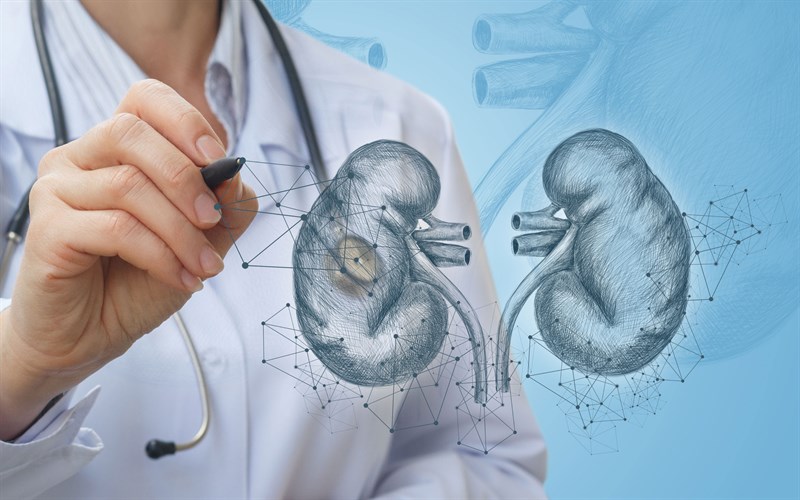
Collaboration to Ensure Success
Since the introduction of the Technology Roadmap in 2018, strategic programs and initiatives, along with research and technology advances, continue to show how the roadmap is helping to:
- Foster creativity and innovation to spur advances in KRT
- Allow funding agencies and reviewers to better assess KRT project proposals
- Encourage new interest and investment in the KRT field
- Offer increased treatment options that improve quality of life for those with kidney failure
- Promote international collaboration efforts
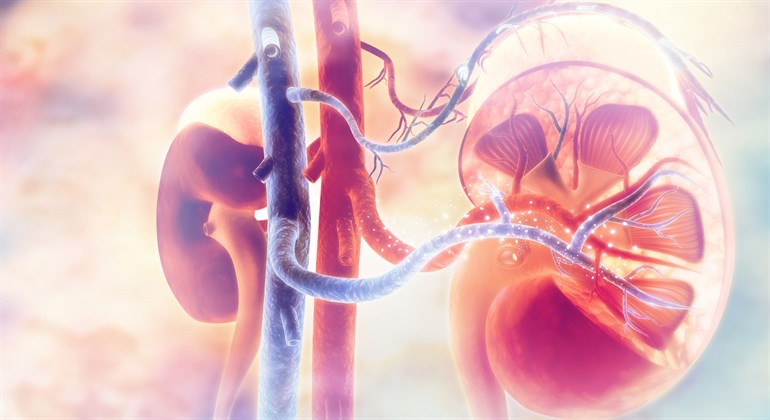
A Framework for Coordinated Development
International cooperation can help maximize chances of innovative KRT solution success.
